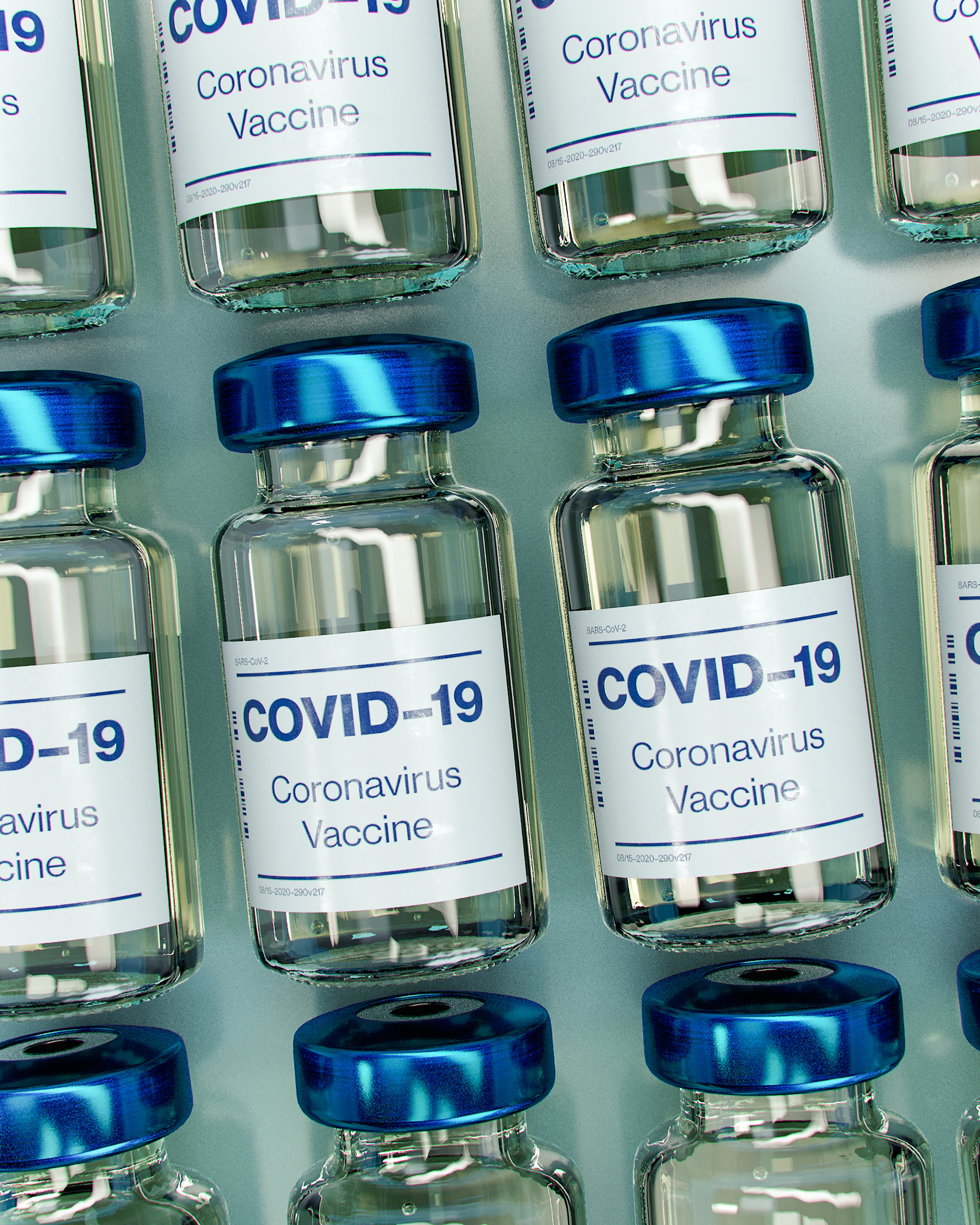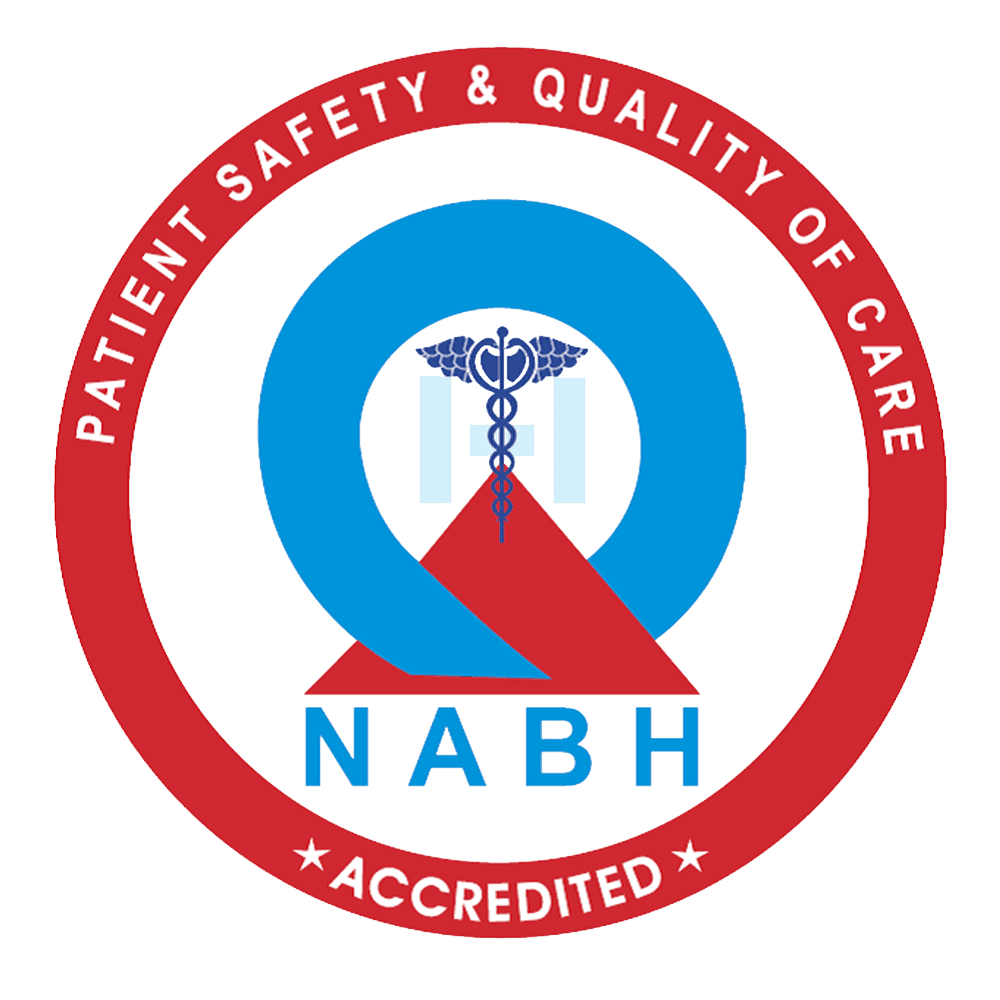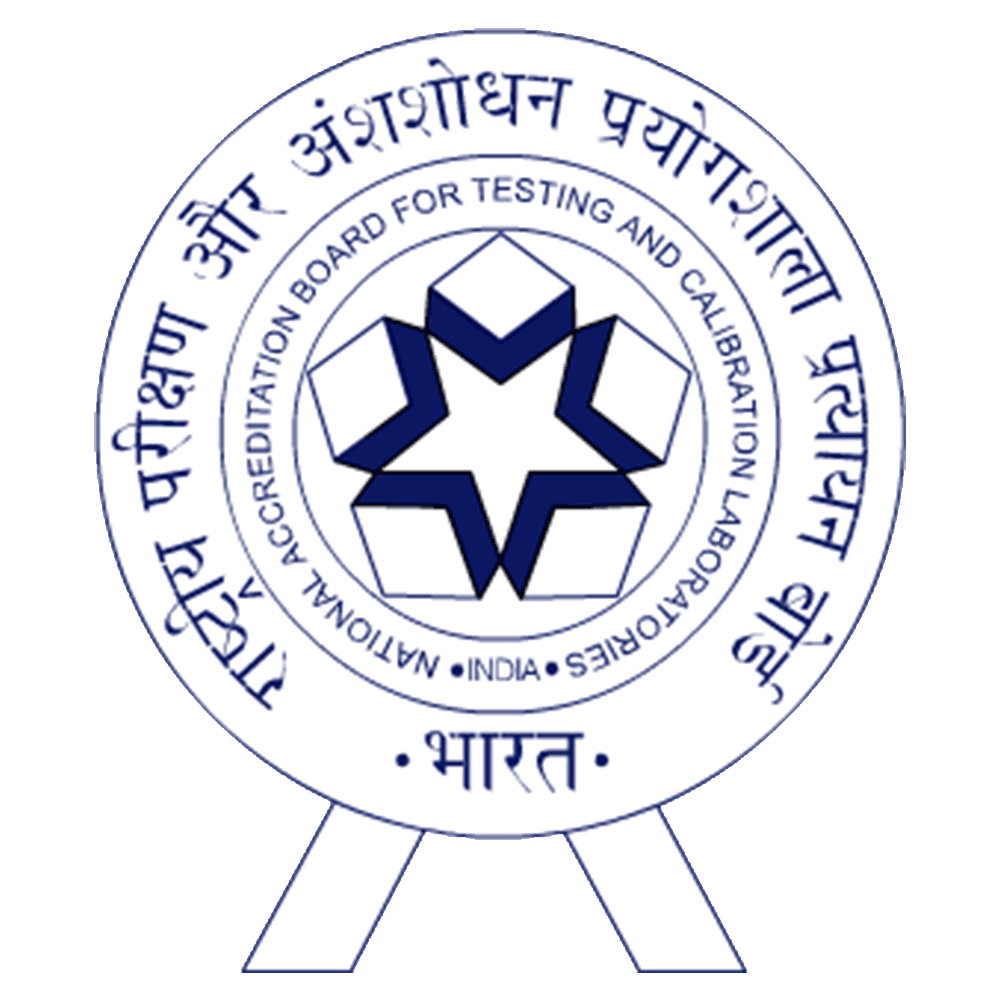What is Covid-19 ?
COVID-19 is a contagious respiratory illness caused by a virus called SARS-CoV-2. The illness was first identified in Wuhan, China in December 2019, and has since spread worldwide. CoVid-19 is also called by:
- Coronavirus disease 2019
- COVID
- Novel coronavirus disease
- SARS-CoV-2 infection
- 2019 coronavirus disease
Different Waves of Covid-19
The COVID-19 pandemic has unfolded in waves, with different regions of the world experiencing surges in cases and deaths at different times. Here is a brief overview of the waves of COVID-19 that the world has faced so far:
1. First wave: The first wave of COVID-19 began in Wuhan, China in late 2019 and quickly spread to other parts of the world. It peaked in April 2020 in many countries and caused significant disruptions to daily life and healthcare systems.
2. Second wave: The second wave of COVID-19 occurred in many countries during the fall and winter of 2020. It was often more severe than the first wave and was attributed to factors such as colder weather, increased indoor gatherings, and pandemic fatigue.
3. Third wave: The third wave of COVID-19 began in early 2021 and was driven by new variants of the virus that were more transmissible and in some cases more severe. It caused surges in cases and deaths in many countries and led to renewed restrictions and lockdowns in some areas.
4. Fourth wave: The fourth wave of COVID-19 began in the summer of 2021 in many countries and was again driven by the Delta variant of the virus, which is highly transmissible. It caused significant increases in cases and hospitalizations in many areas, particularly among unvaccinated populations.
It's worth noting that the waves of COVID-19 have not been uniform across the world and have varied significantly by region and country. Additionally, some areas have experienced multiple waves or ongoing surges in cases and deaths.
Types of Tests for Covid
There are several tests available to detect COVID-19, each with its own benefits and limitations. Here is a brief overview of some of the most common tests:
1. PCR Test: This test is considered the gold standard for COVID-19 detection. It involves collecting a sample from the nose or throat and analyzing it for the presence of the virus's genetic material. PCR tests are highly accurate and can detect the virus even in asymptomatic individuals.
2. Rapid Antigen Test: This test is similar to a pregnancy test and can produce results within minutes. It involves collecting a sample from the nose or throat and testing it for viral proteins. Rapid antigen tests are less accurate than PCR tests but are faster and more affordable.
3. Antibody Test: This test checks for antibodies that the body produces in response to a COVID-19 infection. Antibody tests are useful for detecting past infections and determining the prevalence of the virus in a population. However, they are less useful for diagnosing current infections.
4. CT Scan: A CT scan is not a direct test for COVID-19 but can be used to detect signs of lung damage caused by the virus. This test involves taking X-rays of the chest and can help doctors monitor the progression of the disease.
It's important to note that not all tests are available at all testing sites and that the availability and accuracy of tests can vary by location. If you are experiencing symptoms of COVID-19 or have been exposed to someone with the virus, it's best to contact your healthcare provider for advice on which test to take and where to get tested.
Symptoms of Covid-19
The symptoms of COVID-19 can range from mild to severe and may include fever, cough, shortness of breath, fatigue, body aches, loss of taste or smell, sore throat, and headache. COVID-19 can cause a range of symptoms, from mild to severe. Some people may have no symptoms at all, while others may experience life-threatening complications. Here are some of the most common symptoms of COVID-19:
1. Fever: A fever is one of the most common symptoms of COVID-19. It's defined as a temperature of 100.4°F or higher.
2. Cough: A dry cough is another common symptom of COVID-19. It can be persistent and may become more severe over time.
3. Shortness of breath: Some people with COVID-19 may experience difficulty breathing, especially during physical activity or at rest.
4. Fatigue: Feeling tired or exhausted is a common symptom of COVID-19, even in people with mild cases of the disease.
5. Muscle aches and pains: COVID-19 can cause muscle aches and pains, especially in the legs and back.
6. Headache: Some people with COVID-19 may experience headaches, which can be severe.
7. Loss of taste or smell: COVID-19 can cause a loss of taste or smell, which can be temporary or long-lasting.
It's important to note that these symptoms can vary from person to person and that some people with COVID-19 may not experience any symptoms at all. If you are experiencing any of these symptoms, especially if you have been in close contact with someone with COVID-19, it's important to seek medical attention and get tested for the virus.
Vaccines for Covid-19
There are three COVID-19 vaccines that have been approved for use in India by the Central Drugs Standard Control Organization (CDSCO):
1. Covishield: This vaccine is developed by Oxford University and AstraZeneca and is being manufactured by the Serum Institute of India. It is administered in two doses, with a gap of 4-6 weeks between doses.
2. Covaxin: This vaccine is developed by Bharat Biotech in collaboration with the Indian Council of Medical Research (ICMR). It is also administered in two doses, with a gap of 4-6 weeks between doses.
3. Sputnik V: This vaccine is developed by the Gamaleya Research Institute in Russia and is being manufactured by Dr. Reddy's Laboratories in India. It is also administered in two doses, with a gap of 3-4 weeks between doses.
All three vaccines have been shown to be effective in preventing severe illness and hospitalization due to COVID-19. It's important to note that vaccination is an important tool in the fight against COVID-19, and everyone who is eligible to receive the vaccine should consider getting vaccinated to protect themselves and their communities.
Booster Dose
At present, the Government of India has recommended a COVID-19 booster dose for certain groups of people, including those who are immunocompromised or have certain underlying health conditions. Additionally, frontline workers and healthcare workers who were among the first to receive the vaccine are also being offered a booster dose.
A booster dose is an additional dose of the vaccine that is given after the initial two doses, with the aim of boosting immunity and providing additional protection against COVID-19. Booster doses are typically given several months after the initial vaccination series.
If you are unsure whether you should receive a booster dose, it's best to consult with your healthcare provider, who can evaluate your individual risk factors and advise you on the best course of action.
It's important to note that even if you have received the vaccine and/or a booster dose, it's still important to follow COVID-19 safety guidelines, such as wearing a mask, practicing social distancing, and washing your hands frequently, to help prevent the spread of the virus.
Who is the most vulnerable group of the Population to CoVid 19?
The COVID-19 pandemic has affected people from all walks of life, but certain groups of people may be more vulnerable to severe illness or death from COVID-19. In India, some of the most vulnerable groups of people include:
1. Elderly people: Older adults, particularly those over the age of 60, are at higher risk of severe illness or death from COVID-19.
2. People with underlying health conditions: People with underlying health conditions, such as diabetes, heart disease, lung disease, and obesity, are also at higher risk of severe illness or death from COVID-19.
3. Immunocompromised people: People with weakened immune systems, such as those undergoing cancer treatment or organ transplant recipients, may be at higher risk of severe illness or death from COVID-19.
4. Frontline and healthcare workers: People who work in healthcare settings or other essential services, such as police officers and sanitation workers, may be at higher risk of exposure to COVID-19.
5. Rural and marginalized communities: People living in rural or marginalized communities may face additional challenges in accessing healthcare and following COVID-19 safety guidelines, which can increase their risk of exposure to the virus.
It's important to note that everyone can take steps to protect themselves and their communities from COVID-19, regardless of their risk level. This includes getting vaccinated, wearing a mask, practicing social distancing, and washing your hands frequently.
CoVid-19 appropriate behavior
Here are some general COVID-appropriate behaviors that everyone should follow, both in visitors their daily lives and when visiting a hospital:
1. Wear a mask: Wearing a mask helps prevent the spread of COVID-19. Make sure your mask covers your nose and mouth, and avoid touching your face while wearing it.
2. Practice social distancing: Maintain a distance of at least 6 feet from others, particularly if they are not part of your household.
3. Wash your hands frequently: Wash your hands often with soap and water for at least 20 seconds, especially after being in a public place, blowing your nose, coughing, or sneezing.
4. Avoid large gatherings: Crowded places and events with many people can increase the risk of COVID-19 transmission.
5. Stay home if you feel unwell: If you are experiencing symptoms of COVID-19, such as fever, cough, or difficulty breathing, stay home and seek medical advice.
When visiting a hospital, there are some additional COVID-appropriate behaviors to follow:
1. Follow hospital guidelines: Hospitals may have specific guidelines in place for visitors, such as wearing a mask at all times or limiting the number of visitors allowed in patient rooms. Make sure to follow these guidelines to help prevent the spread of COVID-19.
2. Limit contact with others: When visiting a hospital, try to limit your contact with other patients and visitors as much as possible.
3. Use hand sanitizer: Hospitals often have hand sanitizer stations available throughout the building. Use these stations frequently to help prevent the spread of COVID-19.
4. Avoid unnecessary touching of surfaces: Try to avoid touching surfaces that may be frequently touched by others, such as elevator buttons, handrails, or door handles. If you must touch these surfaces, use hand sanitizer or wash your hands as soon as possible.
5. Stay up to date: Keep informed about the latest COVID-19 guidelines and recommendations from your local health authorities and the hospital where you are visiting.
Remember, we all have a role to play in preventing the spread of COVID-19. By following these COVID-appropriate behaviors, we can help protect ourselves, our loved ones, and our communities.
What Should I do if I test positive for CoVid 19?
If you test positive for COVID-19, there are several steps you should take to protect yourself and others. Here are some general guidelines:
1. Isolate yourself: If you test positive for COVID-19, isolate yourself immediately to help prevent the spread of the virus to others. This means staying at home and avoiding contact with other people as much as possible.
2. Inform your close contacts: Let your close contacts know that you have tested positive for COVID-19 so that they can take appropriate measures to protect themselves and others.
3. Monitor your symptoms: Keep track of your symptoms, and seek medical advice if your symptoms worsen or you experience difficulty breathing.
4. Follow medical advice: Follow any medical advice given to you by your healthcare provider, such as taking medication or getting medical treatment.
5. Practice COVID-appropriate behaviors: Continue to practice COVID-appropriate behaviors, such as wearing a mask, practicing social distancing, and washing your hands frequently.
6. Seek help if needed: If you need help with basic needs such as groceries or medication, reach out to friends, family, or community organizations for assistance.
Remember, it is important to take COVID-19 seriously and take steps to protect yourself and others. Follow the guidance of your healthcare provider and local health authorities to help prevent the spread of the virus.



